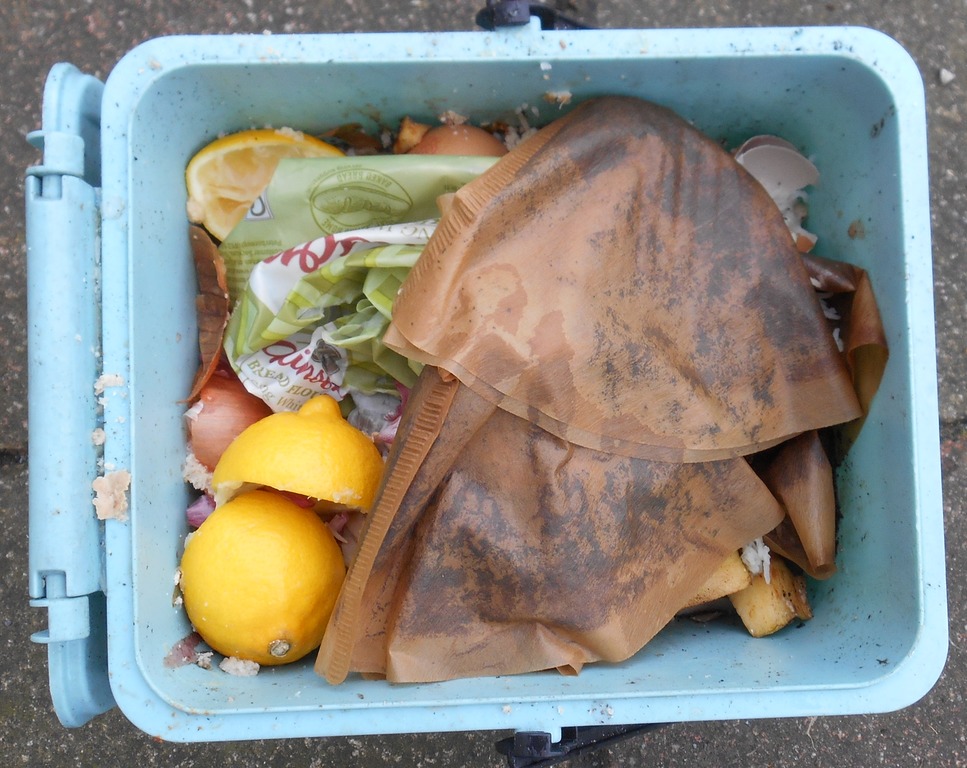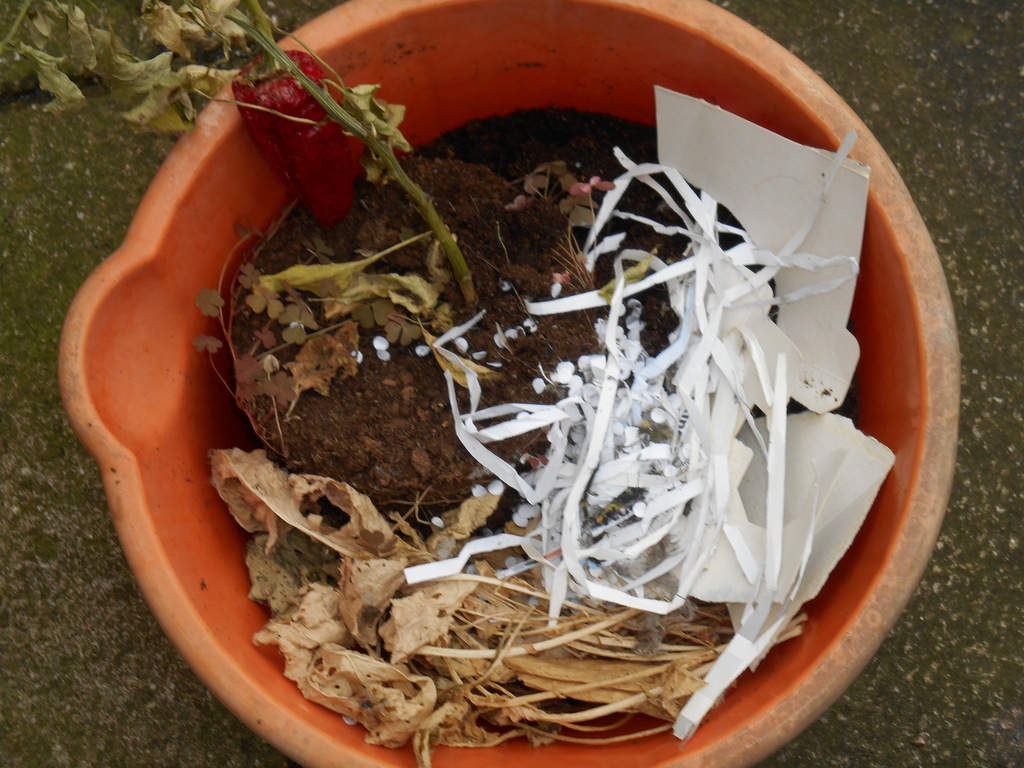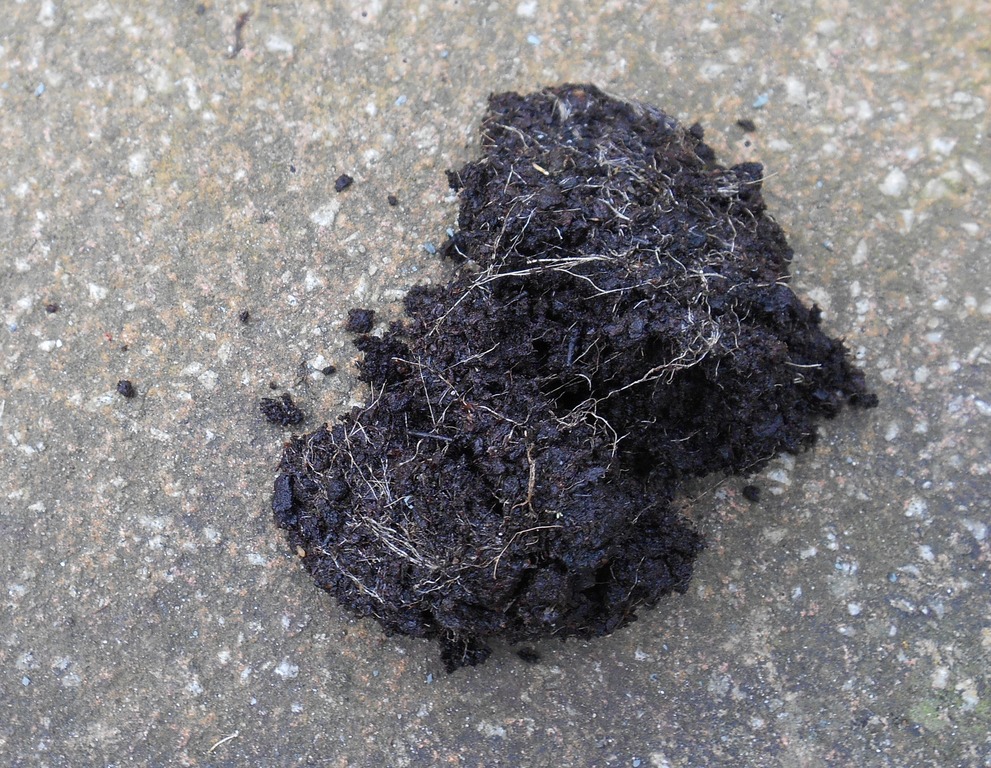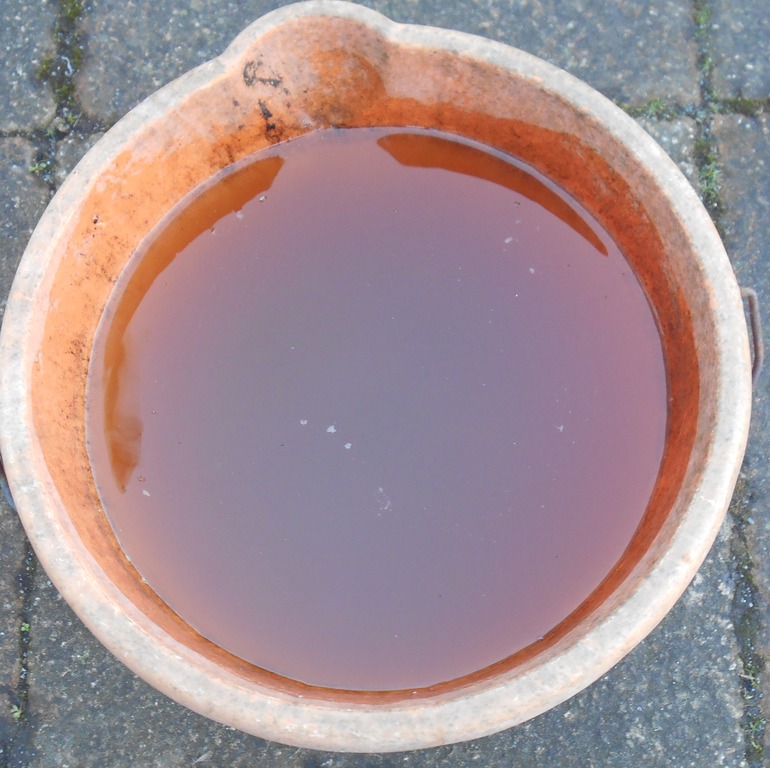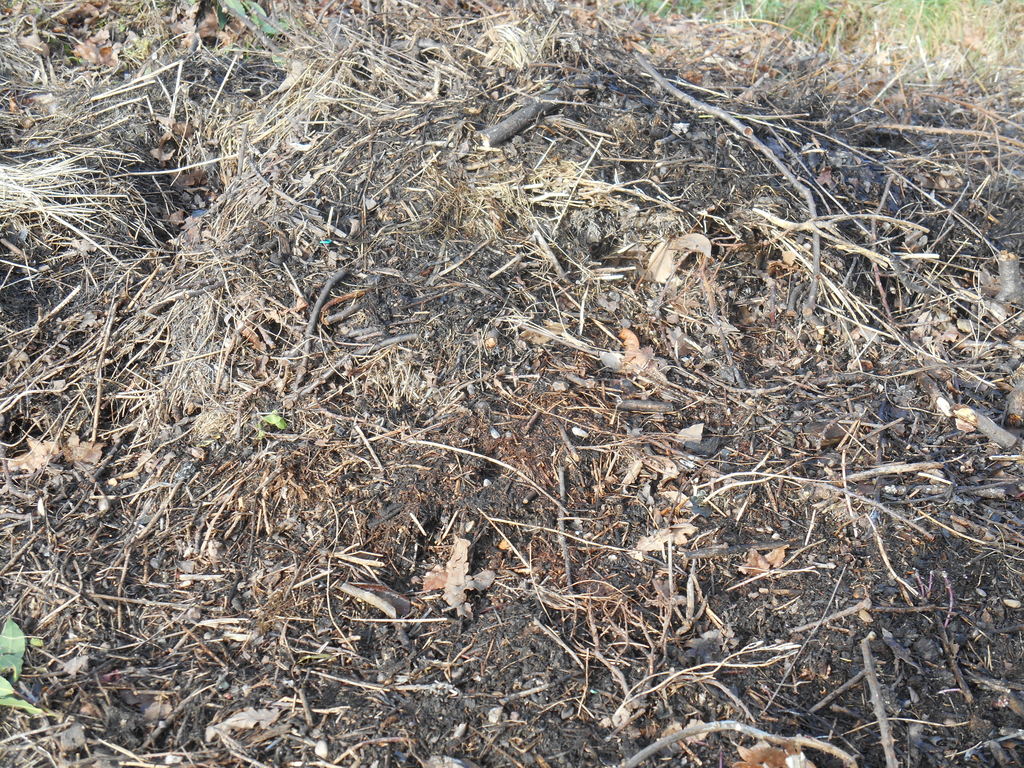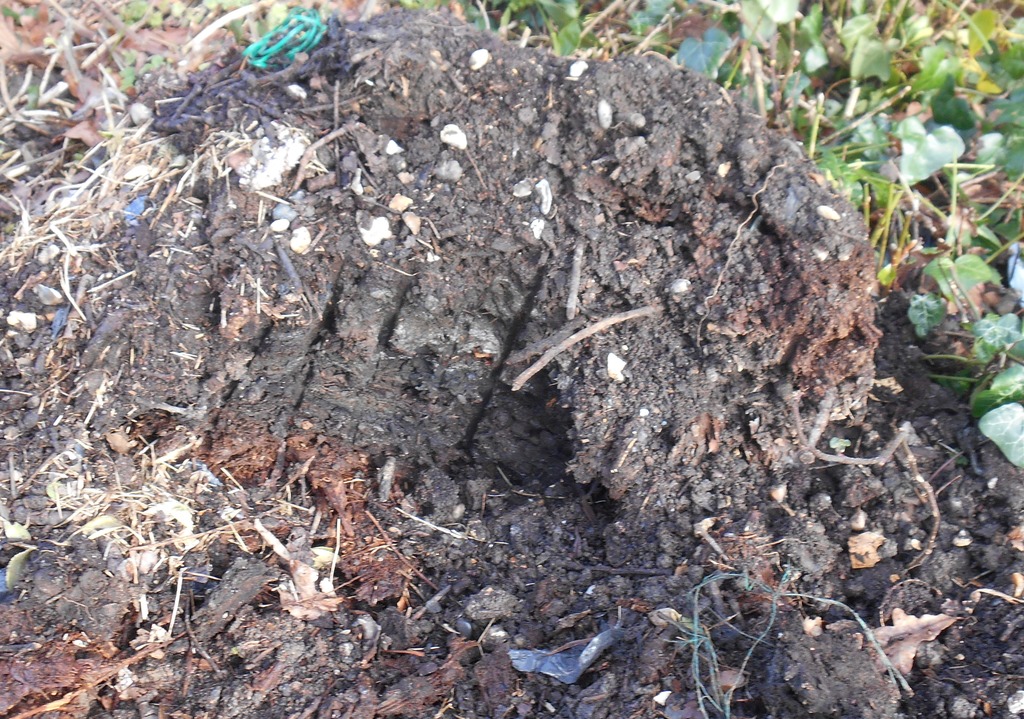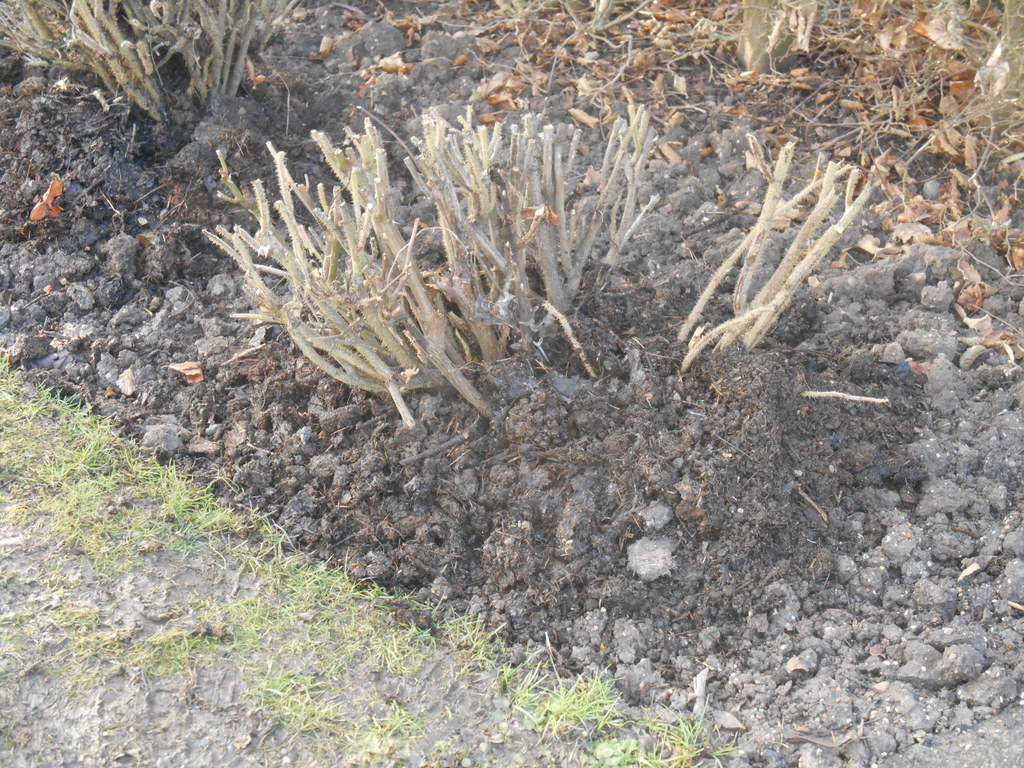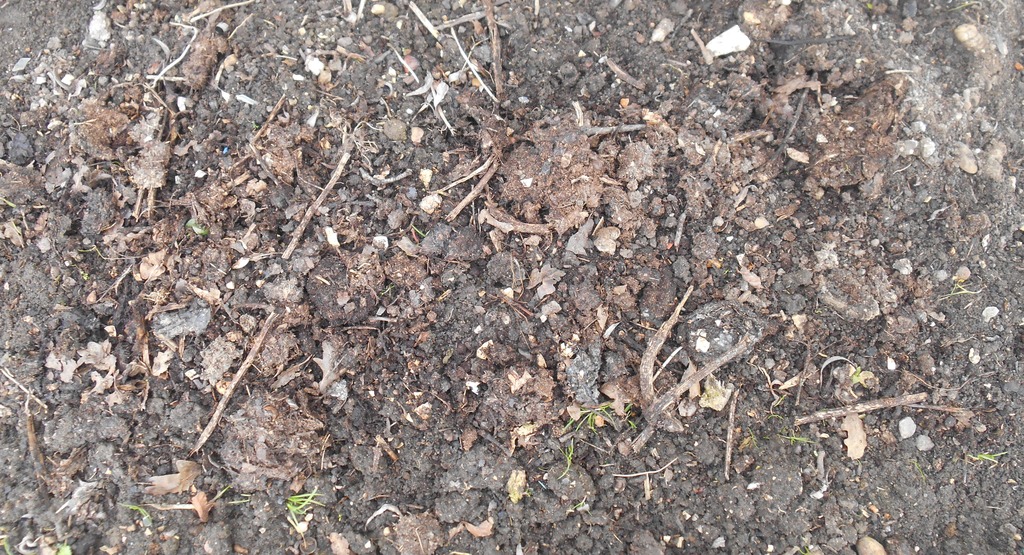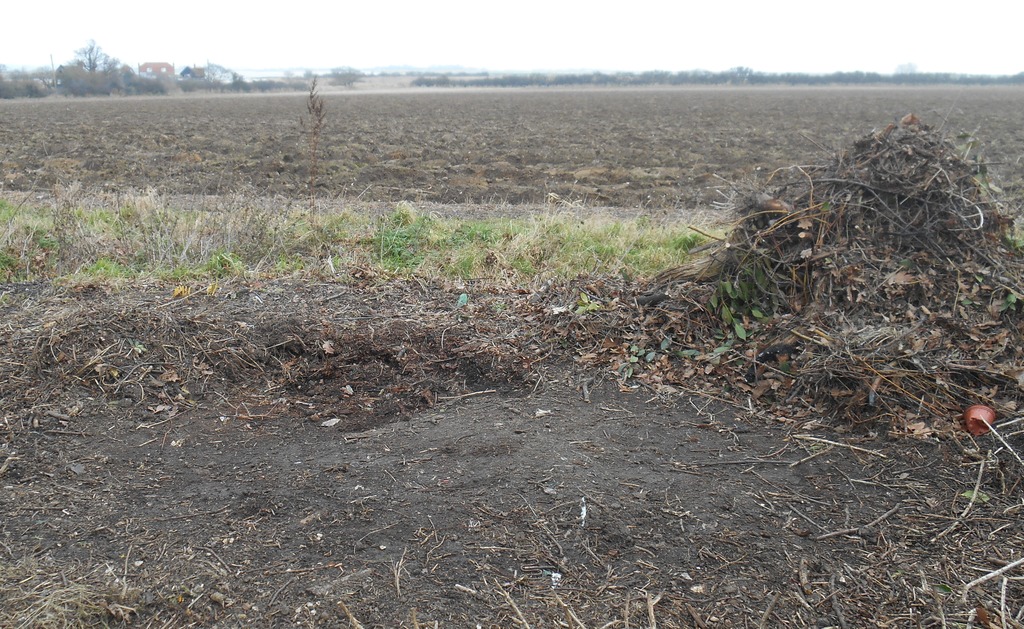How To Compost Your Kitchen And Household Waste
Improve the quality and fertility of your soil for free using your kitchen and garden waste to make garden compost.
Garden compost improves the quality of your soil. It helps break up clay soil and helps bind sandy soil.
Garden compost also helps your soil retain moisture
Garden compost adds important nutrients and elements to the soil.
What And Why
Carbon (C) nitrogen (N) phosphorus (P) and potassium (K) are important elements for all life and so for you soil. Oxygen (O) is also important but can be obtained directly from air. Curiously most plants can not use nitrogen from air even though nitrogen is by far the largest component of air.
Compost is produced by various micro organisms, principally bacteria, digesting the material on your compost heap to produce garden compost. In a nutshell these micro organisms digest carbon based material for energy, their offspring need nitrogen to grow so they can in turn digest more of the compost heap.
A simple rule of thumb is to have an equal quantities of GREEN and BROWN material. Most compostable material already contains both carbon and nitrogen. Anything with a ratio of less than 30:1 C:N is considered GREEN examples are
- grass
- weeds
- tea leaves or coffee grounds
anything with a ratio greater than 30:1 C:N is considered BROWN for example
- cardboard and paper
- straw
- hair
- egg shells
Household Waste
Much kitchen waste products can be composted
- vegetable and fruit peel
- tea leaves and coffee grounds
- egg shells
- paper and cardboard packaging
- left over drinks and cooking water
- unwanted food, except fat, dairy and oil
some people recommend not composting meat for fear of attracting vermin but with a vermin proof compost bin meat can also be composted.
And we’ve already got a mix of GREEN and BROWN material.
Also compostable household waste are
- dust and waste from vacuum cleaner
- dead plants
- used potting mix
Used potting mix will contain roots of dead plants
It’s worth keeping a bucket buy the back door for all the liquid which can be added to your compost
- left over drinks such as tea or coffee
- water used to cook vegetables or beans
Compost Bin Or Heap
Compost needs to be moist and it needs to be warm, a bin either home made or bought will help with both.
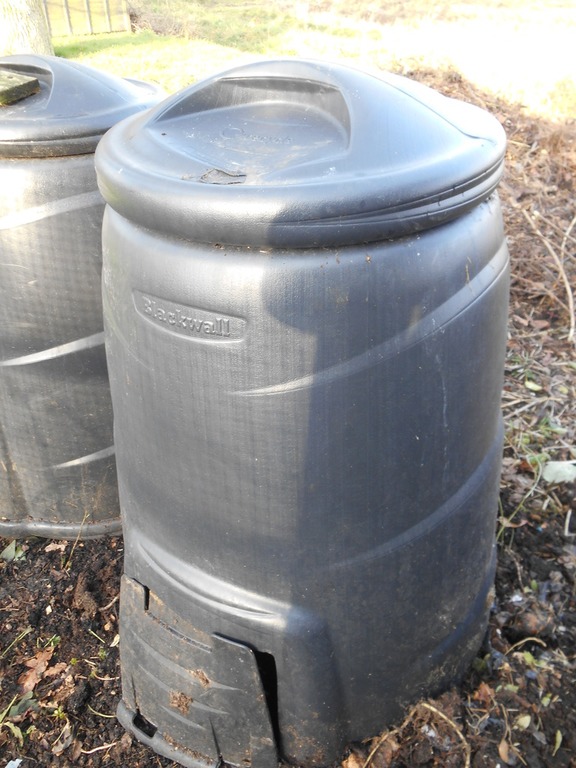
You can still make compost by piling your material in a heap. It may take longer but it will still produce compost eventually. And one theme of this blog is it’s better to start and do something, even if it’s not perfect. More than likely your results will improve with practice and experience.
Compost Garden Waste
GREEN items
- grass
- weeds
- hedge clippings
- dead plants
BROWN items
- twigs and branches
- prunings
- ash from wood fires (not coal)
- nuts (acorns chestnuts)
Larger items will compost quicker if shredder but in order to get air, and so oxygen, into your heap it helps to have some larger items to create air pockets.
Non Garden Material
- straw
- farm yard manure
- sea weed
can all be added to your compost bin
Sports clubs may have grass cuttings they will let you have.
Shops selling fruit or vegetables may let you have old surplus stock.
Where Do The Microorganisms Come From?
They come from the soil. If you are using a bin make sure you have a bottom with holes in so microoganisms can get into your compost from the bottom.
You can add more microogranisms simply by adding a layer of soil every so often.
Compost Accelerator
You can buy compost accelerator which will add nitrogen to your compost and speed up the decomposition.
However your already have a source of free compost accelerator, pee (or urine).
Although pee is largely water it contains nitrogen in the form of urea, it also contains phosphorus and potassium which are both important elements for plant growth.
Something else for your liquids bucket and a reason to keep it outside!
Using Your Garden Compost
One advantage of plastic bins is you can just lift them off to dig out your compost when it’s ready.
Conventionally gardeners are told to dig compost into their soil.
Compost can be spread around plants such as roses.
Or it can just be spread on the surface of the soil, worms will take the compost down into the soil.
Ok, so there are still some twigs there, but they’ll rot down on your soil.
When You’ve Emptied Your Bin Or Heap?
Once you’ve emptied your bins or dug out your heap start filling your bins again or start a new heap!
Green Manure
There are a few plants which can use or fix nitrogen directly from air, or more accurately it is the bacteria rhizobium which fixs the nitrogen. Rhizobium infects the plants roots and uses the plant to draw nitrogen from the air and fixes it in ‘nodules’ in the plants roots.
Clover and legumes (peas and beans) are some of the plants which fix nitrogen.
So you can grow a crop, leave the roots in your soil when you harvest the plants and so add nitrogen to your soil.
There are other crops grown as green manure even thought they don’t even fix nitrogen.
Mustard and rye are two crops which are grown as green manure. When the plant has matured it is dug into the soil where it roots down and improves the structure of your soil.
So rather than leave a plot of bare earth over winter grow some green manure.

